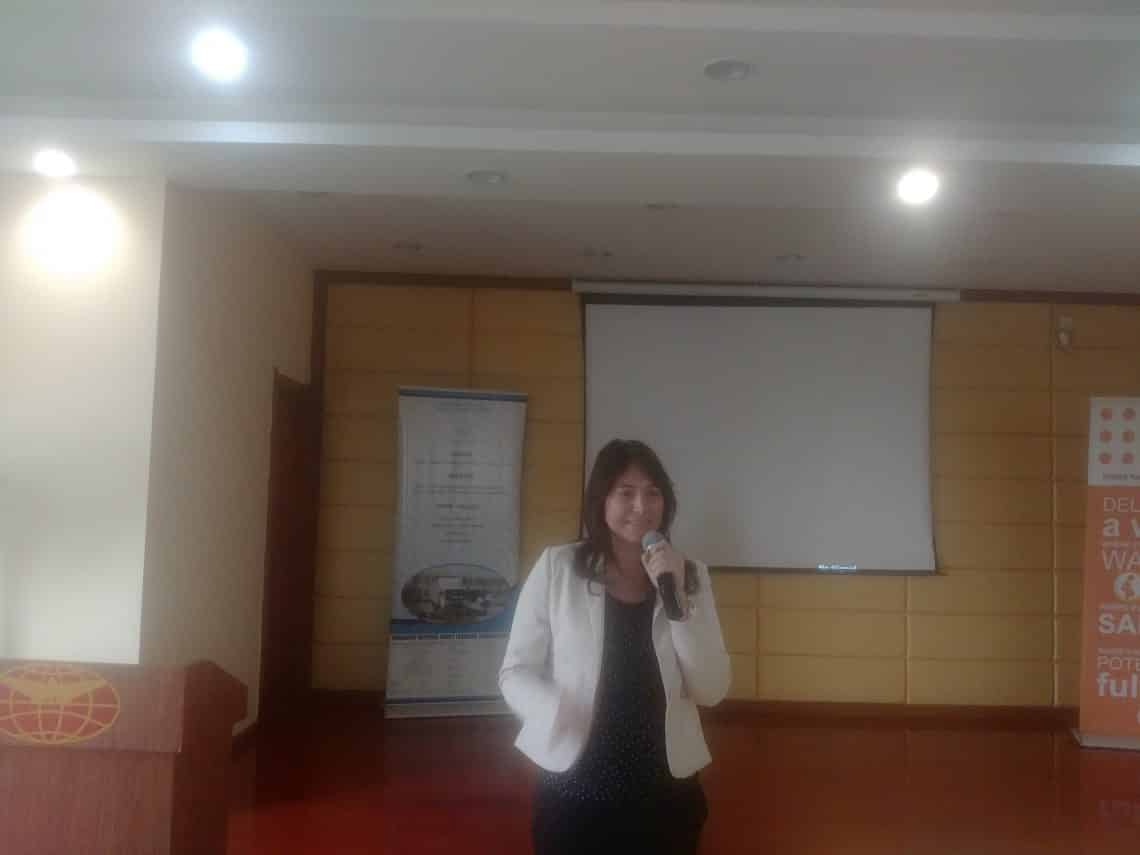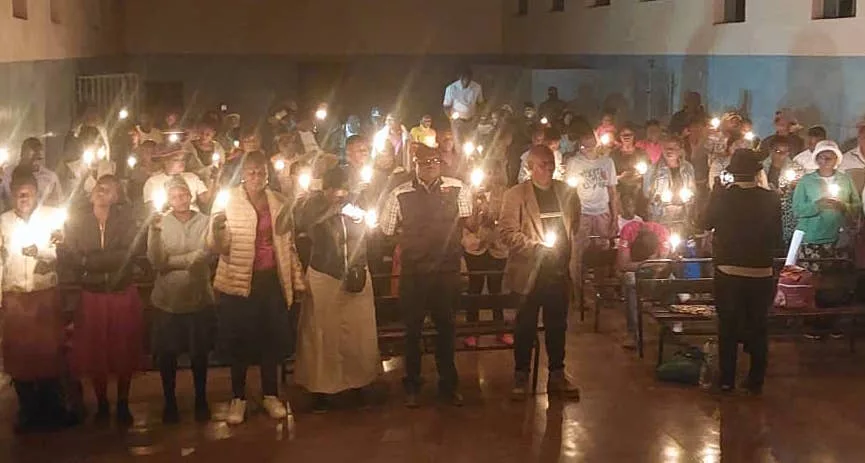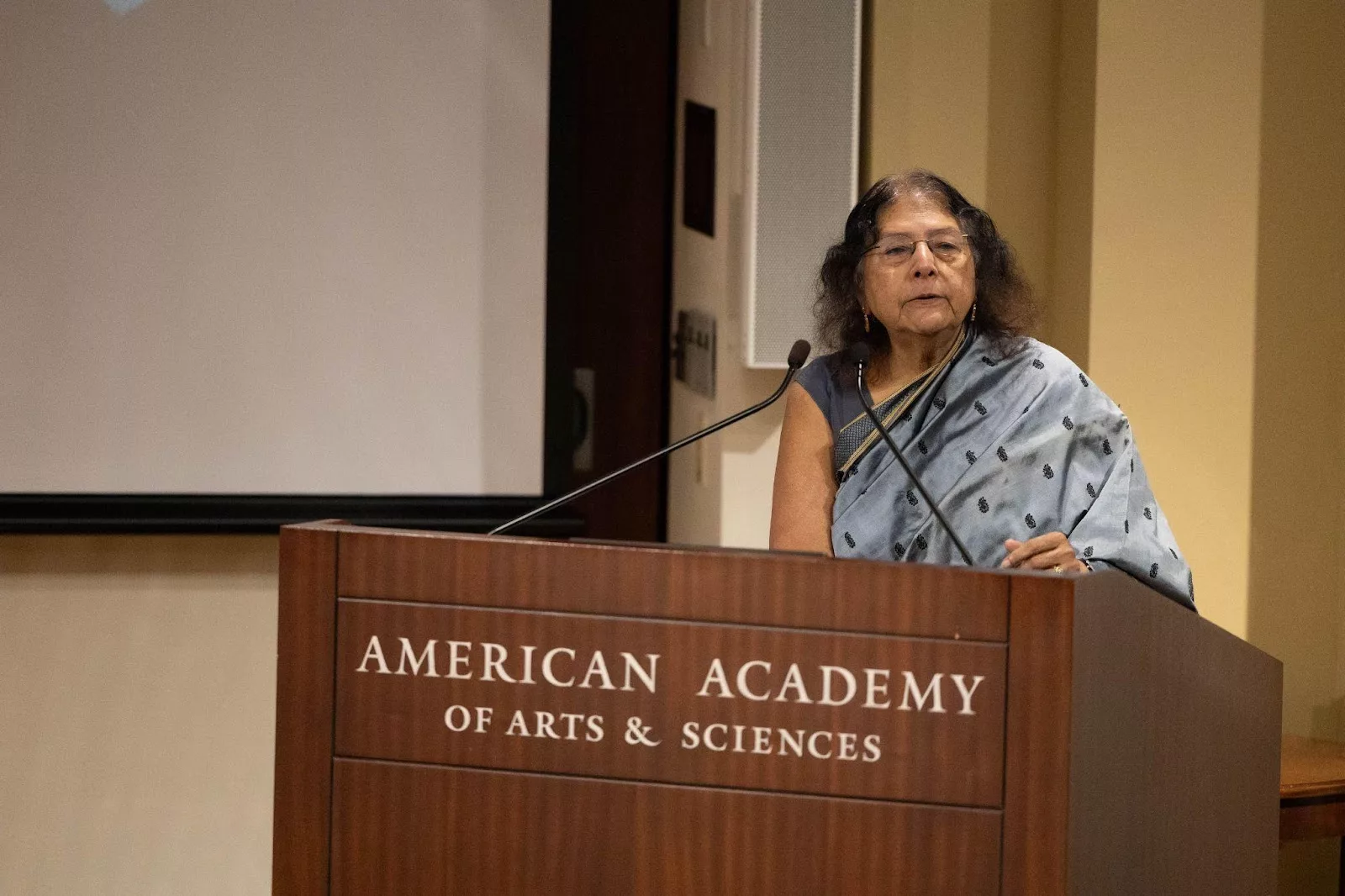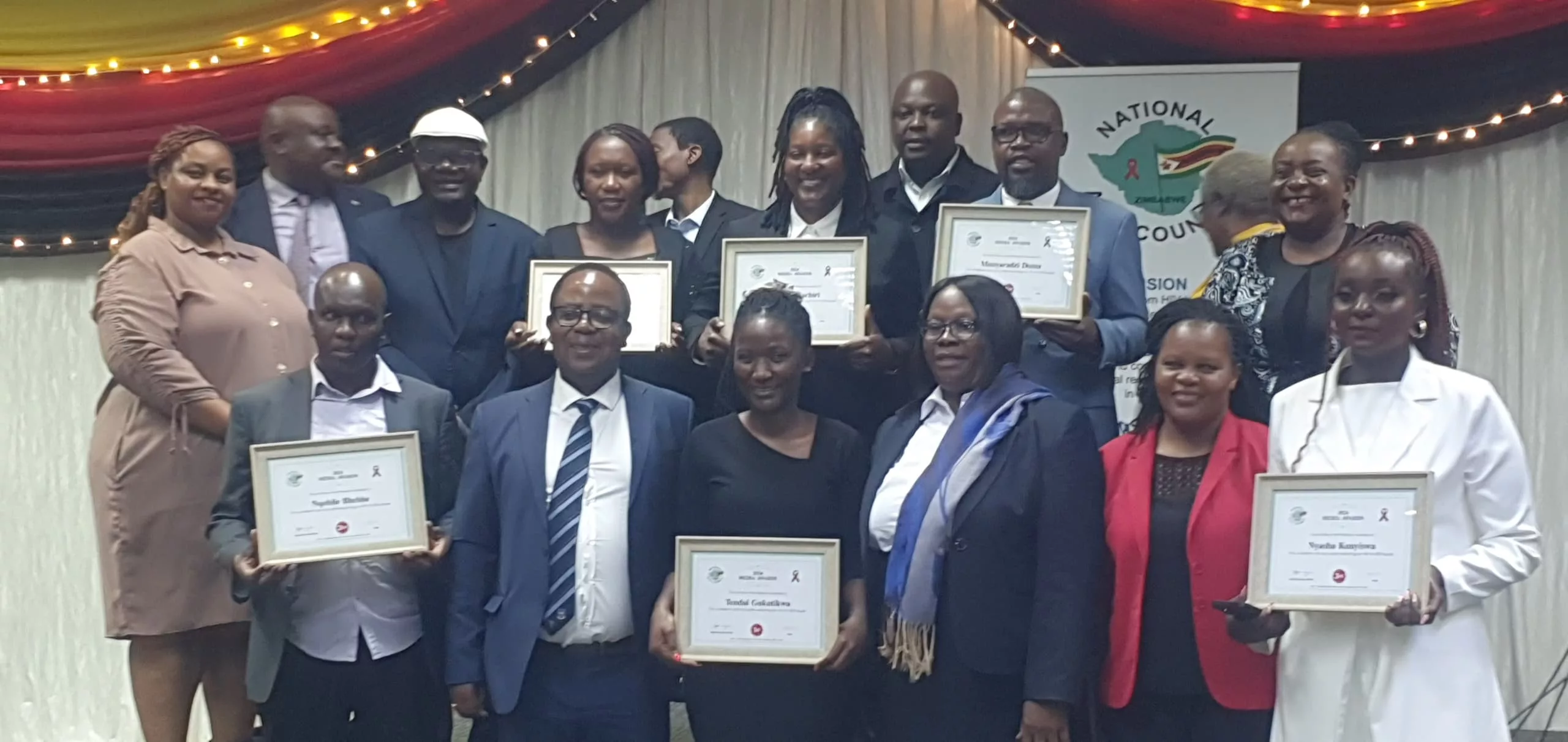By Byron Mutingwende
Fostering sexual reproductive health and rights (SRHR), family planning (FP) methods and working towards the eradication of gender-based violence (GBV) is critical in attaining positive health outcomes.
This emerged at the SRHR, FP and GBV media sensitisation workshop on-going in Mutare coordinated by the Zimbabwe National Family Planning Council (ZNFPC) in collaboration with the United Nations Population Fund (UNFPA).
In his welcome remarks at the workshop, Dyson Masvingise, the ZNFPC Provincial Manager for Manicaland emphasised on the need to build media capacity to report effectively and responsibly on FP, GBV, HIV and AIDS and SRHR.
“The purpose of this workshop is to build the capacity of the media to report more effectively on FB, SRHR, GBV, HIV and AIDS, maternal health and youth friendly health issues to support advocacy and reach communities, especially women and young people with key health information,” Masvingise said.
In his presentation, he said positioning of population and family planning at the centre of development is critical for development and insisted more effort should be channelled towards diversification of the contraceptive method mix.
“The success of the country in embracing family planning depends heavily on orals and to a lesser extent, long-acting reversible contraceptives (LARCs). There is need to strengthen the integration of the response to HIV/AIDS with family planning playing a key role.
“It is important to engage the private sector and faith-based organisations so that they can each bring their own unique contribution to family planning success. Monitoring the qualitative aspect of FP service provision reduces discontinuation of contraceptive use,” Masvingise added.
The platform also seeks to launch and share key findings the State of the World Population Report. The media has an important role of informing and educating the public. Media channels such as newspapers, radio, television and social media are powerful and have the opportunity to reach millions of people at any given time with various messaging.
Bertha Shoko, the UNFPA Zimbabwe Communication Officer said it is important for the media to have an appreciation of family planning and SRHR to issues so as to report responsibly.
“Given the thematic areas, the issue of message is important if we are to encourage communities to take up the necessary interventions. It is also critical to report on progress of interventions targeting adolescents and youths in as in as far as SRHR programming is concerned,” Shoko said.
Among other expected outcomes is for the media to learn more on family planning to improve its coverage; appreciate various available options for family planning and report on the current trends and challenges in family planning methods.
In doing so, it is important for the media to report on some of the interventions and challenges in family planning; statistics on condom distribution; GBV as it affects men and women and go beyond the ordinary information and look at sticky issues around abortion, attitudes and perceptions.
There were calls to demystify myths associated with family planning and encourage women who suffer GBV in silence to come out in the open to get help.
In her analysis of gender-based prevention and response, Verena Bruno, the UNFPA Zimbabwe Gender Coordinator called on a multi-sectoral approach to address the problem.
She alluded to the Termination of Pregnancy Act and highlighted that it was not clear on how to enact the legal provision.
“The Magistrates, Judges of the Courts should be capacitated. The constitution has issues on GBV but communities rely more on traditional justice systems compared to the official judicial systems.
“The government has a strong will to eradicate GBV. There is willingness but there is need to coordinate efforts of the relevant stakeholders as well as assisting survivors to feel empowered to report cases of GBV. For example, the Sister2Sista programme has an impact on keeping girls in schools and educating them on the dangers of child marriages,” Bruno said.






